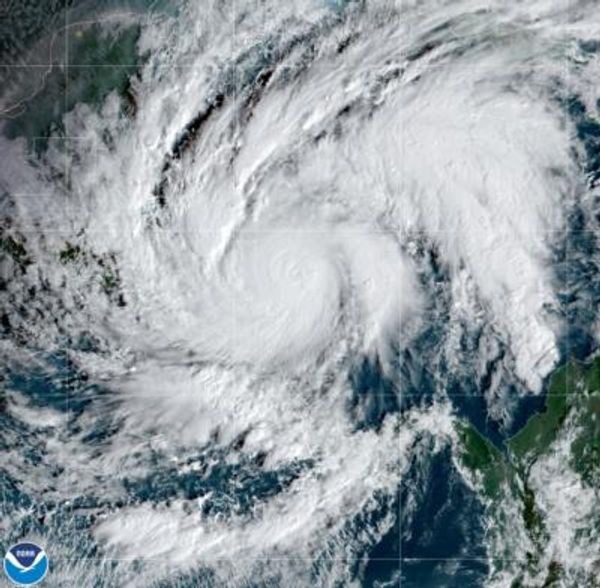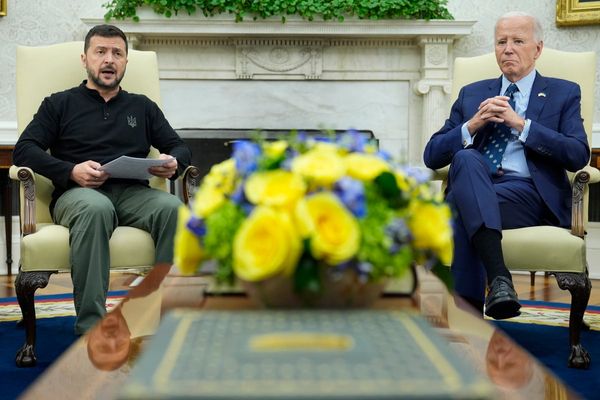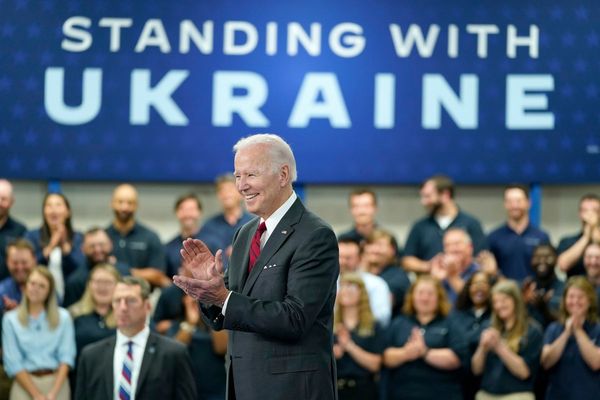
Winter promises to be harsh in Europe.
The European Union's support for Ukraine has created a giant chasm between the European countries and Russia.
Russia is the main gas supplier for many countries on the continent such as Germany, the largest European economy.
The invasion of Ukraine by Russia on February 24 led to NATO sanctions against Moscow. In March, the EU pledged to cut its gas imports from Russia by two-thirds within a year.
In retaliation, President Vladimir Putin decided to reduce gas deliveries from Russia by 40%, thus causing a gas crisis. Germany depends on Russia for nearly half of its gas supply.
This gas war has resulted in a surge in energy prices, in particular due to the cost of gas used in the production of electricity.
'No Indication' to Cut Production
With the flow of natural gas from Russia shrinking due to the war in Ukraine, German officials have urged citizens to cut back on consumption and save energy as the colder months approach. The situation is the same across Europe, where there are fears of power cuts this winter.
It is therefore in this context that Elon Musk, the CEO of Tesla (TSLA), was asked the following question during the company's third quarter earnings' call:
"We keep hearing of dire energy crisis in Germany this winter. What are Tesla's plans to combat power cuts? And will there be any delays in ramp-up in production from Giga Berlin because of this?"
"I think two points on this question," Chief Financial Officer Zachary Kirkhorn responded. "The first is that based upon everything that we know, we don't see this as a large risk to the company. Even if production did go down for a period of time, this is on near term, it doesn't have any impact on the long term of the company."
Musk was more firm, clearly ruling out any possibility of production cuts in Germany due to the energy crisis.
"We have no indication whatsoever that we will have to cut our production in Germany," the Chief Executive Officer said.
Backup Plans
Kirkhorn then spoke again, explaining that Tesla has already put contingency plans in place in the event of a worst-case scenario.
"We put in place backup plans, and we're working through the supply chain as well. Nearly all of our suppliers are prepared as well. So, we'll see how this plays out, but it's not something that we're terribly worried about."
Tesla currently has four factories: Shanghai in China, Fremont, Cal. and Austin, Tex. - the latter was inaugurated last April - in the United States, and Grunheide, near Berlin in Germany.
This last plant was inaugurated last March and is currently increasing production rates. Tesla mainly produces the Model Y SUV/crossover there, one of its best-sellers, along with the entry-level Model 3 sedan.
"Thanks to a strong production rate improvement towards the end of Q3, our team in Germany produced more than 2,000 Model Y vehicles in a single week using 2170 cells," the car manufacturer said on October 19. "Production rate progress at the factory is aligned with our expectations."
Tesla's European plant primarily serves European markets. It currently has an annual production capacity of over 250,000 vehicles, the firm said.
If Tesla were to interrupt production there, the firm risks not achieving its 2022 production and delivery targets, already impacted by logistical problems.
In addition to cars, Tesla also produces batteries in Berlin.







